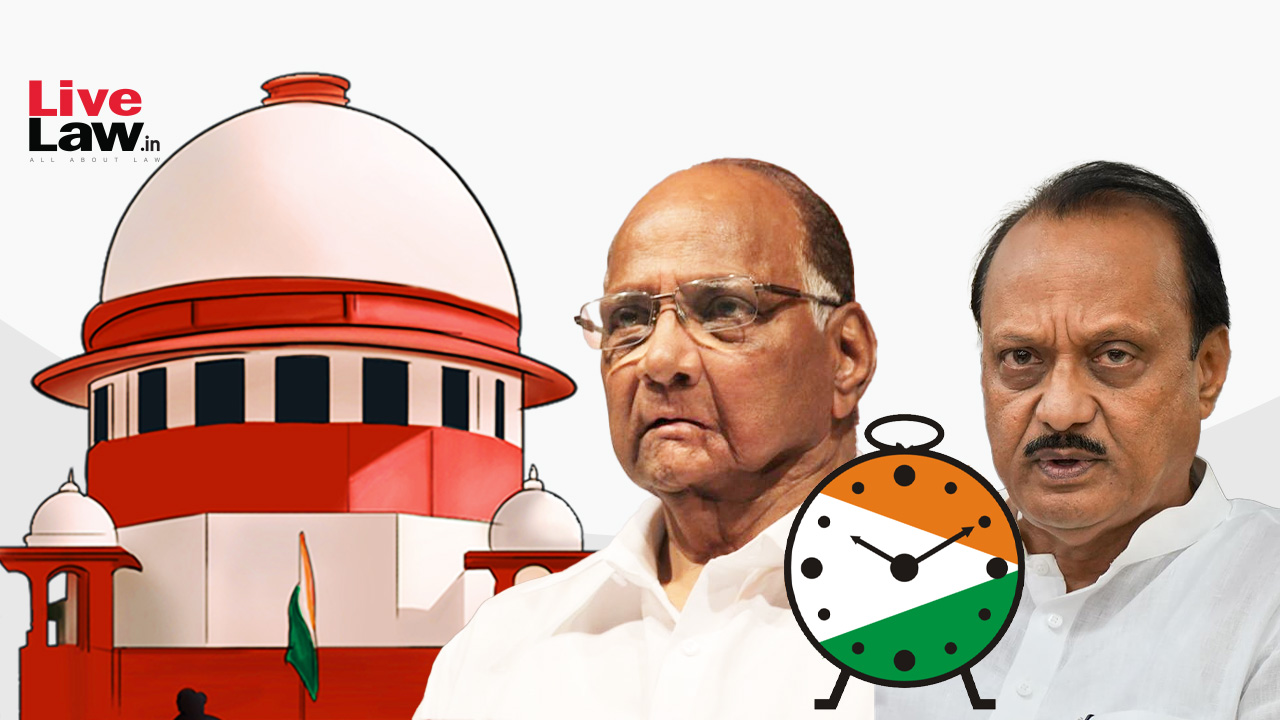 |
|
The ongoing dispute between the two factions of the Nationalist Congress Party (NCP), led by Sharad Pawar and Ajit Pawar respectively, has reached the Supreme Court once again. The court has reiterated its previous orders, directing the Ajit Pawar faction to continue using the 'clock' symbol in their campaign materials for the upcoming Maharashtra Assembly elections, but with a mandatory disclaimer stating that its use is subject to the final outcome of the legal battle over its rightful ownership.
The legal conflict stems from the Election Commission of India's recognition of the Ajit Pawar faction as the official NCP, based on their legislative majority, and the subsequent allotment of the 'clock' symbol to them. This decision was challenged by the Sharad Pawar group, leading to the ongoing legal battle. The Supreme Court initially intervened in March 2024, allowing the Ajit Pawar faction to use the 'clock' symbol with the condition of prominently displaying the disclaimer in all their campaign materials, acknowledging the pending legal dispute.
However, the Sharad Pawar group has accused the Ajit Pawar faction of violating these court orders, claiming that the disclaimer was not being displayed consistently in their campaign materials. This led to the latest hearing before the Supreme Court, where the bench, composed of Justices Surya Kant, Dipankar Datta, and Ujjal Bhuyan, issued a strong warning to the Ajit Pawar faction, threatening to initiate suo motu contempt proceedings if they fail to comply with the court's previous directives.
The court has also directed the Ajit Pawar faction to file a formal undertaking reiterating their commitment to strictly adhere to the court's orders during the state assembly elections. The court has also requested both factions to demonstrate their compliance with the court's directives to avoid any further legal complications. The matter is set for the next hearing on November 6th.
The ongoing legal battle between the two NCP factions has implications for the upcoming Maharashtra Assembly elections, as it could influence the electoral dynamics. The Supreme Court's intervention in the matter, reiterating the need for a disclaimer and issuing a strong warning against non-compliance, underscores the importance of adhering to legal processes and respecting the court's orders in political disputes.
